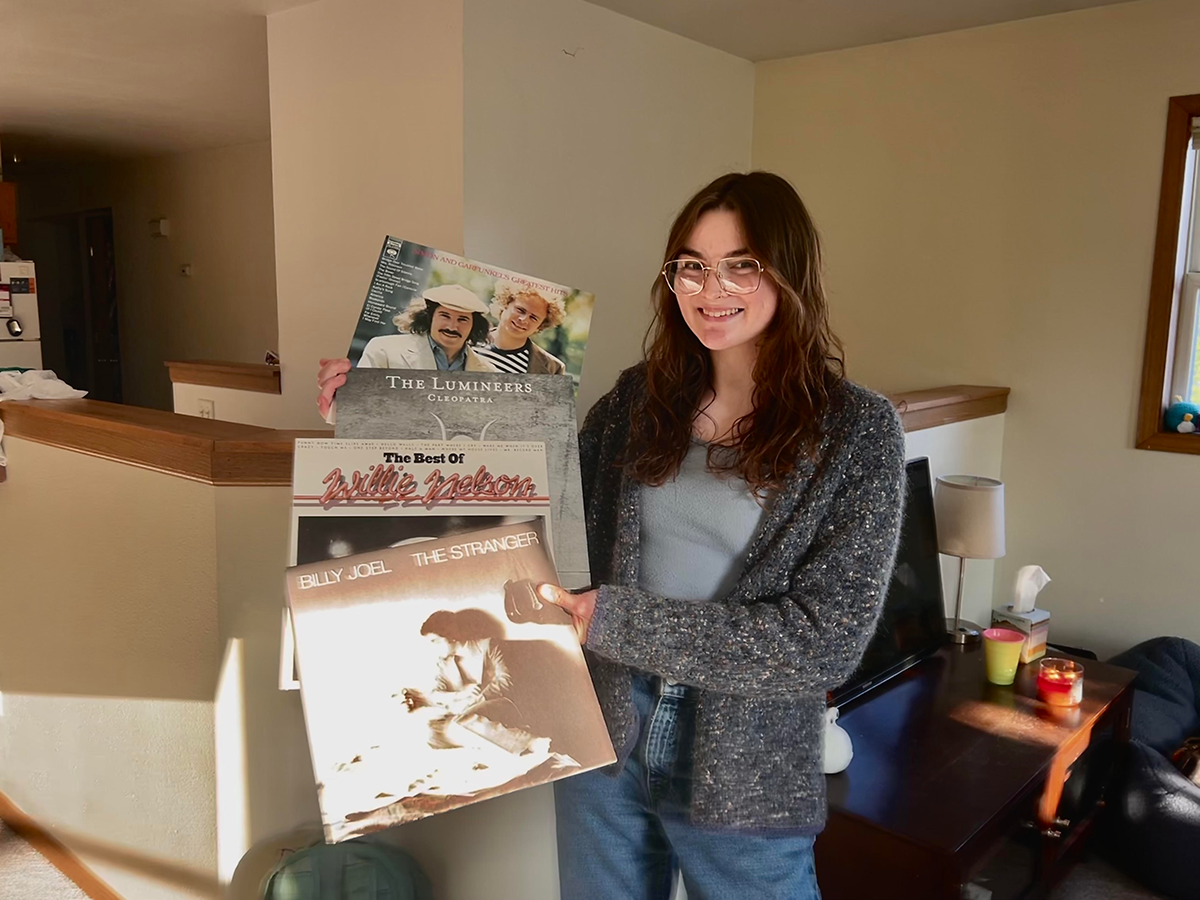The 2010s were a time of unrest for avid music listeners, as “the death of the album” became a topic of conversation. But did the album ever really die?
The introduction of music streaming services in our increasingly portable society has changed music listening drastically. People are no longer restricted to purchasing full-length albums on CD, cassette tape or vinyl.
Many people have claimed that Spotify’s playlist-centered algorithm is causing a shift according to “Reports of the Death of the Album are Greatly Exaggerated” by Jeff Treich Listeners don’t play by the artist’s rules now that they can filter their music as they please.
Additionally, apps like TikTok and Instagram have become powerhouses for shooting songs to instant virality. In some cases, these songs become one-hit wonders, but every so often a full career is launched from an artist’s initial, lucky success.
We are in an age where anyone who owns a phone has an endless supply of fast-paced, instantly gratifying media that provides users with a guaranteed dopamine rush. It’s no longer the norm to spend 40 to 60 minutes dedicating yourself to a single work of music.
The marketability of albums has declined now that people are accustomed to one-off tracks and playlists that are amalgamations of all of their favorite songs.
Furthermore, Spotify releases daily playlists that are specifically curated to align with the user’s taste and expose them to new music. Streaming services have turned music listening into a buffet-style process that actively promotes mixing and matching.
The last 20 years have brought about all of these changes, yet the creation of well-thought-out albums is still prevalent and won’t be on the outs any time soon.
At the end of the day, listeners have a choice. Algorithms provide us with options, but the albums still exist in full. If anything, the introduction of streaming services has made music significantly more accessible.
I changed the way I listened to music when I discovered The Rolling Stone’s “500 Greatest Albums of All Time” list in 2021. After years of exclusively listening to handmade playlists, I decided to approach listening differently.
Don’t get me wrong, I still have over 150 Spotify playlists and I intend to continue making them. However, instead of abiding by what Spotify recommended to me, I started discovering music at its source.
I started treating albums the way I treat book series, and I started looking at an artist’s discography the way I view an author’s catalog. The songs are books that correspond to the rest of the series and create a coherent work with a traceable plot.
This isn’t a new concept and I didn’t come up with it myself, but implementing this change has revived my appreciation for music and expanded my repertoire tremendously. I have ventured into genres that never crossed my mind two years ago.
There’s no right or wrong way to listen to music. I still love to assemble a playlist that encapsulates a niche vibe, but I feel less confined to the “mellow gold-indie-folk rock” label that Spotify assigned to me.
Over the course of a year, I have explored rock music from the 1960s through the 2000s, old skool and contemporary rap, indie pop, blues, funk, punk and a plethora of other genres.
If you have access to a music streaming service, you have unlimited options at your disposal. I recommend taking advantage of this resource and revisiting some cornerstone classics or emerging hits.
Allessi can be reached at [email protected].








